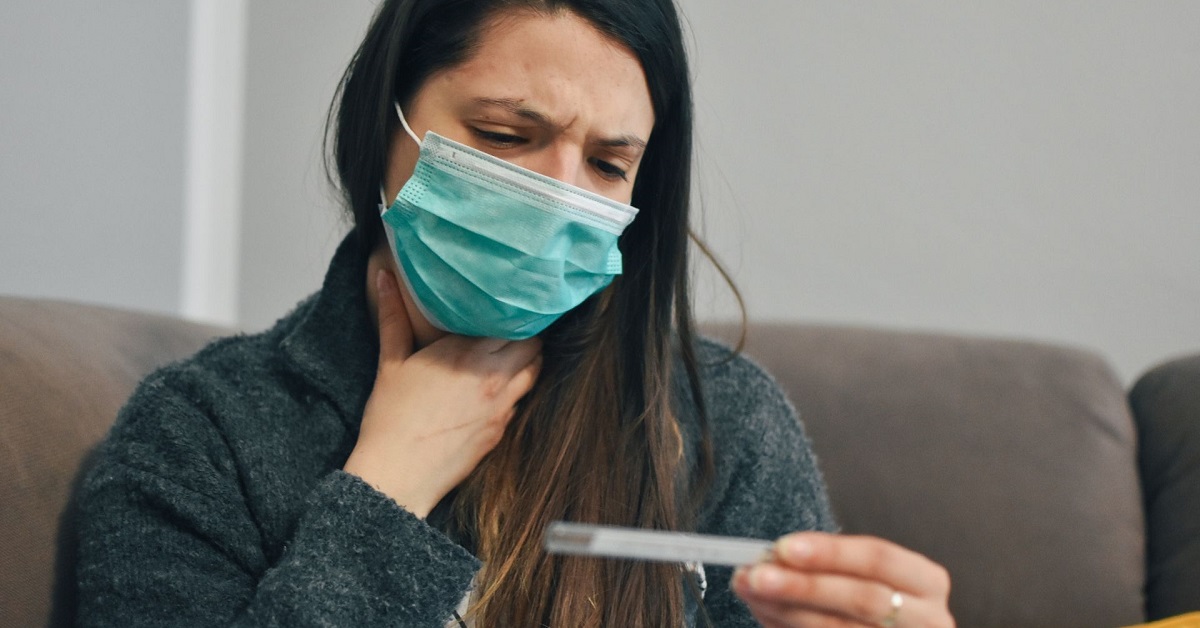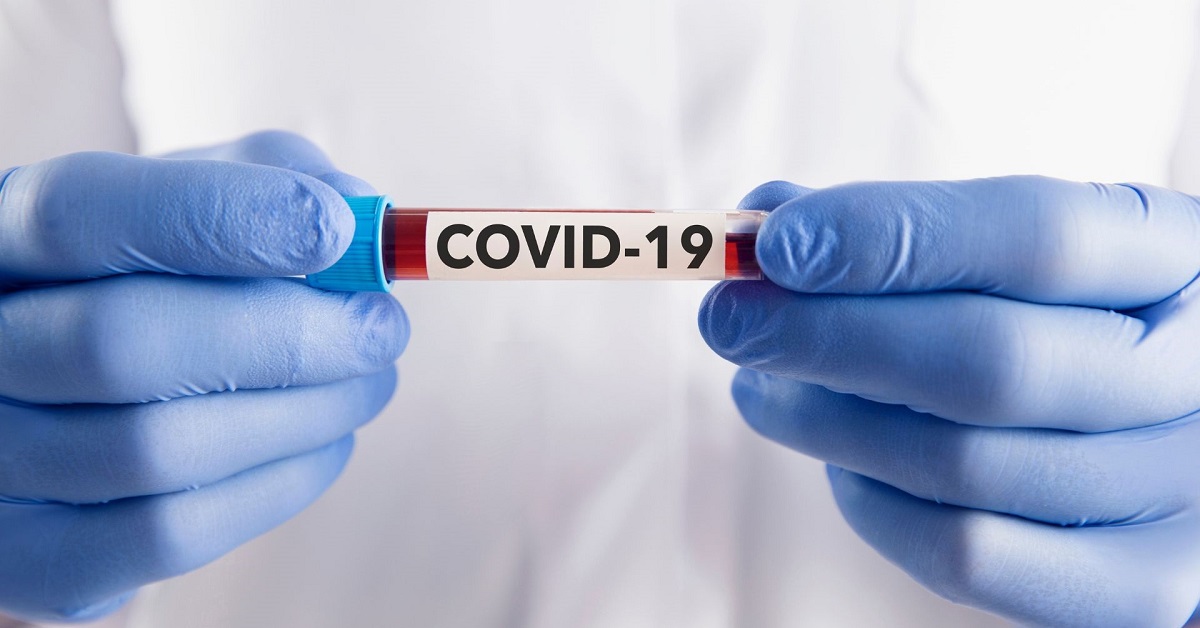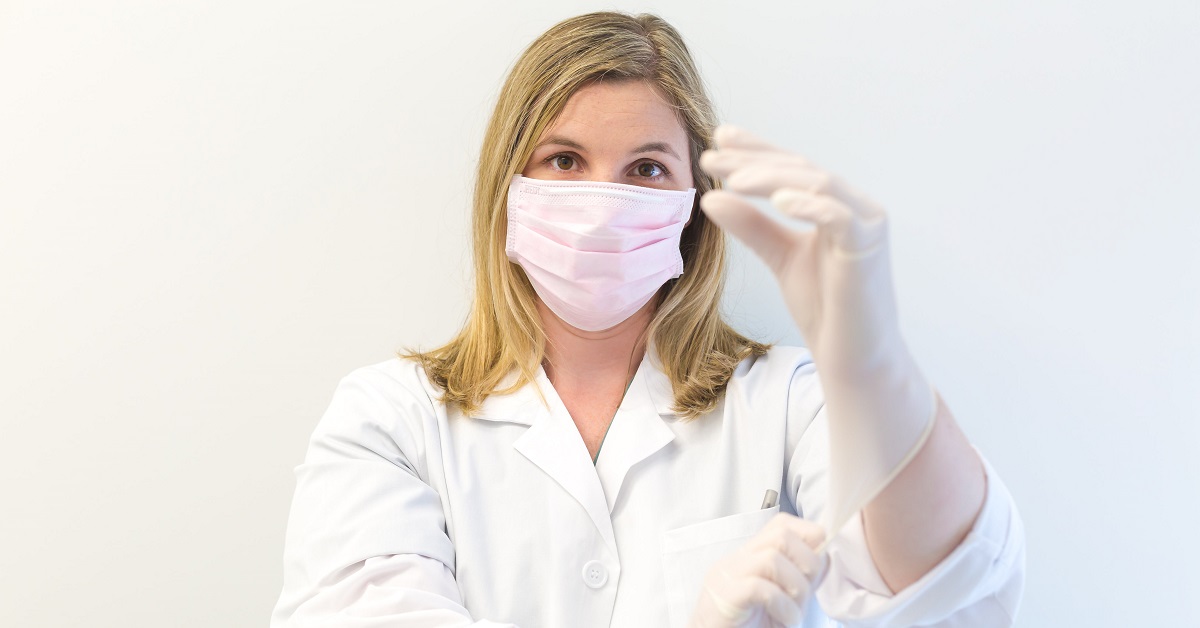Why Should You Take a Covid Antibody Test?

For the majority of people, coronavirus (COVID-19) tests are no longer free. The NHS still offers some people free COVID-19 lateral flow tests. If you have a medical condition that makes you eligible for COVID-19 treatments, you can undergo free NHS tests. Additionally, if you’re going to the hospital or work in adult social care or healthcare, you might be eligible for free NHS tests. Continue reading to learn more about the Covid antibody test in Bury and why you may need one.
What is a Covid antibody test for?
A blood test known as an antibody test can determine whether you’ve ever had the coronavirus (COVID-19) or received a vaccination. This information will assist scientists and the NHS in better understanding how the virus affects the body and how it transmits.
The test cannot diagnose COVID-19, it just measures your body’s reaction to the virus or immunisation.
Why should I get a Covid antibody test in Bury?
After a patient has fully recovered from COVID-19, antibody testing, also referred to as serology testing, is typically performed. Depending on the availability of tests, eligibility may change. A medical professional obtains a blood sample, typically by pricking the patient’s finger or taking blood from an arm vein. The sample is then examined to see if you have produced antibodies against the COVID-19-causing virus. These proteins, known as antibodies, are created by the immune system and are essential for battling and eliminating the virus.
If test results reveal that you have antibodies, this may indicate that you have had prior COVID-19 infections. It may also indicate that you have developed antibodies as a result of vaccination. You may also have some immunity if that is the case. Having antibodies, however, does not guarantee that you will not contract COVID-19 again. However, they can aid in averting serious illness. The degree of immunity and the duration of immunity is still being researched.
Accuracy depends on the timing and kind of antibody test. The test may not reveal antibodies if you have it performed too early in the course of the infection when your body’s immunological response is still developing. Antibody testing is therefore not advised until at least two to three weeks after the onset of your symptoms.
Accurate antibody testing also makes it possible for COVID-19 survivors to donate plasma, a component of their blood, after recovery. This plasma may be used to treat other people who have severe illnesses and strengthen the body’s defences against the virus. This is referred to as convalescent plasma.

How can diagnostic & antibody testing help reduce the spread of COVID-19?
People who test positive and have symptoms from the COVID-19 diagnostic test can receive care sooner. Early implementation of self-isolation or quarantine can aid in slowing the COVID-19 virus’s spread.
However, no COVID-19 test has a 100% accuracy rate. False-negative results—testing negative when infected—or positive results—testing positive when uninfected—are also possible (false-positive result). Therefore, it’s crucial to keep up with COVID-19 measures like routine handwashing, avoiding crowds, and using a mask when necessary. Stay at home and socially distance yourself from others if you are ill.
Antibody test results show how many persons, even those who had no symptoms, had COVID-19 and recovered. This helps identify potential recipients of immunity, though it is currently unknown how much immunity exists and for how long.
How do I know if I’ve had Covid?
It’s possible that you already had COVID-19 without being aware of it. However, there’s no way to be certain without getting tested for antibodies. And there is a slight possibility of a false positive even with a positive antibody test result.
If you experienced characteristic COVID-19 symptoms and a positive result on a diagnostic COVID-19 test when you were ill, you most certainly had the virus. However, even “gold standard” PCR testing has the potential of returning a false negative, which would mean that you might indeed have COVID-19, but the test results would indicate otherwise.
It is more difficult to determine if you had the condition if you didn’t get a positive COVID-19 test while you were ill. The presence of COVID-19 is not always obvious. However, there are several general signs that you might have seen, including:
– Loss of taste or smell
– Pink eye
– Fatigue
The most frequently reported symptoms, according to the NHS, are as follows:
– Body aches
– Vomiting
– Cough
– Shortness of breath or trouble breathing
– Stuffy nose or runny nose
– Nausea
– New loss of taste or smell
– Fever or chills
– Headache
– Diarrhoea
– Fatigue
– Sore throat

How long after I’ve had Covid can I travel?
This depends on the conditions for entering the nation or area you intend to visit. Visit the FitForTravel website for additional details.
Visit Pimhole Pharmacy today to get the Covid antibody test in Bury.
This blog post was written on behalf of Pimhole Pharmacy by Pharmacy Mentor.